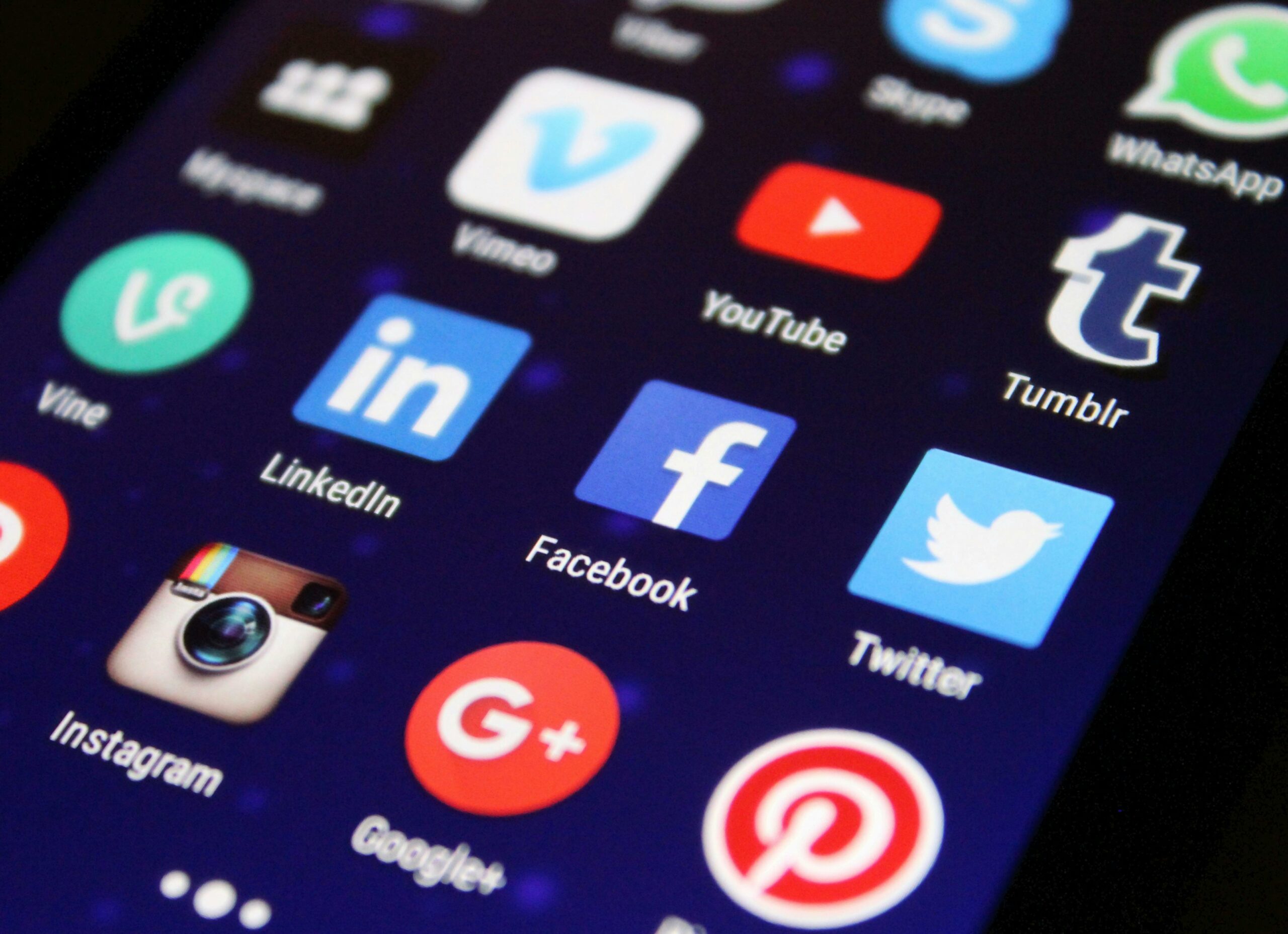Social media was your go-to. You used it throughout your day as a distraction. You could catch up with family and friends or follow creators with similar passions, hobbies, and interests. After a long day at work, you looked forward to curling up on the couch and mindlessly scrolling.
But what used to be a pleasant distraction, a way to relax and unwind, or another way to connect with loved ones has quickly turned into something different. You’re not sure when it happened, but you haven’t felt the same satisfaction after liking, commenting, direct messaging, or scrolling as you have.
Instead, you’ve felt unsatisfied, jealous, and a little insecure. Let’s learn more about how social media can fuel perfectionism.
Social Media and Perfectionism
The Comparison Game
Social media may start as a way to connect with like-minded individuals, but after some time, it’s hard to not feel like you’re comparing yourself to your family, friends, and those complete strangers you follow. A lot of people on social media post only their highlight reels. This means that no matter what day they’ve had, they always show up as their best selves. It’s hard to know what’s real versus what’s staged. Most people use social media to post only their best moments. It’s hard to know what is happening behind the scenes. This makes it easy to compare yourself to others.
Unrealistic Beauty Standards
Another issue with social media is the unrealistic beauty standards that it sets. Most of the posted photos and videos are edited in some way, shape, or form. This could be through the use of filters, but it could also mean editing someone’s appearance through the use of editing tools. Knowing what’s real versus fake is hard unless you’re looking for it. This can create unhealthy and unrealistic beauty standards, which can lead to other issues like declining self-esteem, eating disorders, anxiety, or depression, just to name a few.
External Validation
Social media may seem like it’s all fun and games at first, but it can turn into an obsession. The likes, comments, and engagement can have you seeking external validation instead of looking inward. If one of your stories, posts, or reels doesn’t perform how you thought it would or as well as someone else, it could make you feel worse about yourself. Social media also can pressure you to perform or act a certain way. If an image or video performs well, you may feel like you constantly have to act that way or keep posting that type of content just to receive the comments and likes you’re looking for, even if it may not be the authentic version of yourself.
Jealousy
Another issue with social media is that it can cause jealousy. This may happen between your family and friends, but it can also happen with strangers you don’t know. It’s easy to feel jealous when all you see is their picture-perfect lives. All of the issues that social media has can add up and make you feel jealous. In turn, this can lead to perfectionism. The jealousy can cause you to spiral and may make you feel like you have to post or act a certain way to fully be happy.
Therapy Provo
Social media can be a fun outlet to unwind after a long day. But with everything in life, there are good and bad things to everything. Social media comes along with both positives and negatives. Notice that you’re starting to experience some perfectionistic tendencies. It may be time to take a social media break or seek additional support so you don’t end up spiraling. We’re here to help. Reach out to us today if you’re interested in learning more about anxiety therapy for perfectionism.




